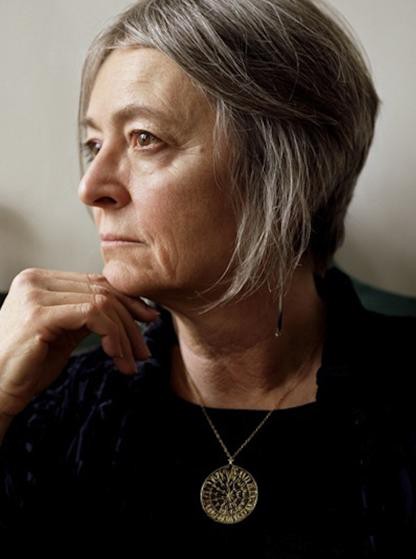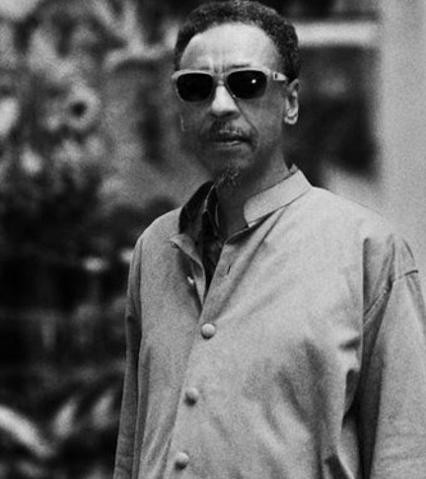Just Ten Bucks! We Want To See You Tonight at Carnegie Hall
by Seth Colter Walls

American culture is rotten to its core. Not only is Natalie Portman pregnant-while-not-married, but there is such a thing as “public television” and also a thing called the National Endowment for the Arts. If only we could convince the last remaining holdouts that mass culture is the only proper artistic reflection of a democracy, they could all join in on making endless japery from the outputs of a serial woman-abuser who is equally popular on both network television and Twitter! Then it might be, if not quite morning in America, something other than twelve strokes to the dead of midnight.
Yet that is where currently find ourselves. Perhaps with a few more protests targeted at certain less-familiar-looking members of our citizenry we could vault magically forward in time, to that better tomorrow. But a simple perusal of the lineup at Carnegie Hall’s basement space this evening proves how far we’ve fallen. (Also: why is Carnegie Hall allowed to have a “basement” space? The closer to hell, the better, I suppose.) Even worse: now they are seducing people like you with $10 tickets for tonight’s program, which are available right now, right here.
What terrible wonders will you see? We shall tell you!
Joan La Barbara is a vocalist and composer who has worked with three of the artists featured on PBS’s “American Masters” program (nos. 152, 127 and 43 on this list). Which is bad enough! However, Ms. La Barbara also composed and voiced one of the early, iconic “Singing Alphabet” numbers for Sesame Street, before that television program was made semi-acceptable via an increased reliance on appearances by celebrities.
A radical organization called the American Composers Orchestra, after a nationwide search, has asked her to compose a piece that they are going to premiere down in Zankel Hall tonight. A piece for an orchestra! By a woman?! Imagine that. Everyone — even the New York Philharmonic, based on its 2011–12 schedule — knows that orchestra-writing is something that only men can do.
The American Composers Orchestra has created several informational YouTubes for various pieces that are to be played this evening, but NOT for Ms. La Barbara’s. (What are they hiding? Do your homework, gentlemen. That’s all I ask.) But the ACO’s program notes describe “In solitude this fear is lived,” her new composition, as “a sound painting for voice, orchestra and electronic sonic atmosphere inspired by the work of artist Agnes Martin…. [La Barbara] will create a sonic atmosphere using elements of breath and voice — both natural and electronically processed — to produce a wash of sound that will function as the primed canvas over which instrumental sounds float and interact. Mixed in stereo, this will be played back on speakers surrounding the audience. Solo amplified voice will also be part of the work, with the composer-vocalist moving freely around the audience as well. The title is taken from Martin’s journals.”

The American Composers’ Orchestra has also asked a fringe figure from the jazz world to participate in the world premiering of new music for orchestra. Henry Threadgill’s radical career stretches back to his founding role in Chicago’s Association for the Advancement of Creative Musicians (or AACM) in — of course — the 1960s. National Public Radio, naturally, has been covering his recent albums and making streams of certain songs available. Threadgill’s radical agenda of collective free improvisation is now being allowed to infiltrate the world of orchestral playing, something the composer readily admits in the following promotional videos.
The more the ACO rehearses Threadgill’s troubling music, however, you can hear how they are getting the hang of its dangerous embrace of chaos. ACO Music Director George Manahan admits as much.
There are two other pieces on tonight’s program by lesser-known insurgent leaders. One of the composers even appears to be a Millennial. And there is another woman composer on the bill.
Normally I might suggest the organization of a protest. But that might simply rally public arts supporters, or otherwise alert liberals to the existence of such concerts. (Our general success at getting liberals to pay attention to corporate entertainment through the dangling of snarkily-decorated Internet memes cannot be overstated here.) I leave it to others in the movement to debate the issue below. Consider this an open thread.
Seth Colter Walls will see you there.
